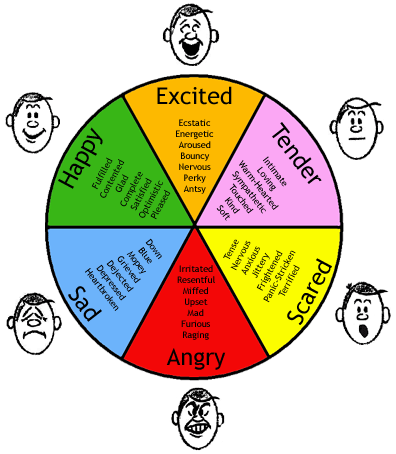If you want to know about gardening, ask a gardener.
If you want to know about mountain climbing, ask a mountain climber. If you want to know about being Asperger, ask an Asperger.
The Internet is an ocean of trivia, misinterpretation, hearsay, repeated repeats of out-of-context quotes, pseudoscience, bad interpretations of surveys and studies, and information tailored to sell products and services. The Internet is like the mid-Pacific gyre, a vast floating collection of human products collected by ocean currents into a tangle of debris that must be teased apart and reassembled in order to discover the sources of its content.
The diagnosis known as Asperger Disorder is like the gyre - a collection of sometimes contradictory symptoms and behaviors, both vague and specific, negative and tolerable, treatable, but not treatable. Those individuals who are not diagnosed as children, but as adults, face a dilemma. On one hand the diagnosis is a relief: light bulbs go off and illuminate the mysterious tension in the dialog between the individual and society, but the light is also harsh, falling on failed relationships, on bullying and rejection, and on cherished goals that have receded across the horizon while one was simply trying to survive in an alien world.
The unshakable feeling remains that the Asperger diagnosis reflects a hidden fact of nature: I am different, fundamentally and irrevocably different, and no diagnosis that claims that the Asperger style of brain processing is defective, simply because we are not socially-obsessed, can change the certainty that we embody an equally valid human type.
If you want to know about mountain climbing, ask a mountain climber. If you want to know about being Asperger, ask an Asperger.
The Internet is an ocean of trivia, misinterpretation, hearsay, repeated repeats of out-of-context quotes, pseudoscience, bad interpretations of surveys and studies, and information tailored to sell products and services. The Internet is like the mid-Pacific gyre, a vast floating collection of human products collected by ocean currents into a tangle of debris that must be teased apart and reassembled in order to discover the sources of its content.
The diagnosis known as Asperger Disorder is like the gyre - a collection of sometimes contradictory symptoms and behaviors, both vague and specific, negative and tolerable, treatable, but not treatable. Those individuals who are not diagnosed as children, but as adults, face a dilemma. On one hand the diagnosis is a relief: light bulbs go off and illuminate the mysterious tension in the dialog between the individual and society, but the light is also harsh, falling on failed relationships, on bullying and rejection, and on cherished goals that have receded across the horizon while one was simply trying to survive in an alien world.
The unshakable feeling remains that the Asperger diagnosis reflects a hidden fact of nature: I am different, fundamentally and irrevocably different, and no diagnosis that claims that the Asperger style of brain processing is defective, simply because we are not socially-obsessed, can change the certainty that we embody an equally valid human type.












